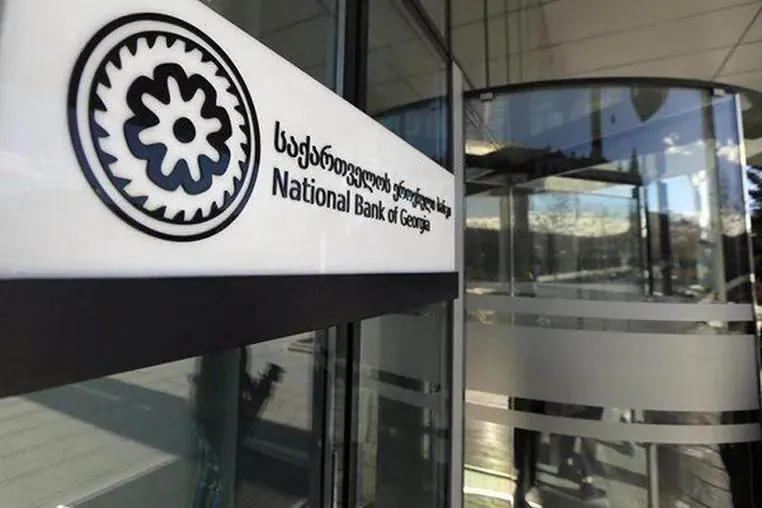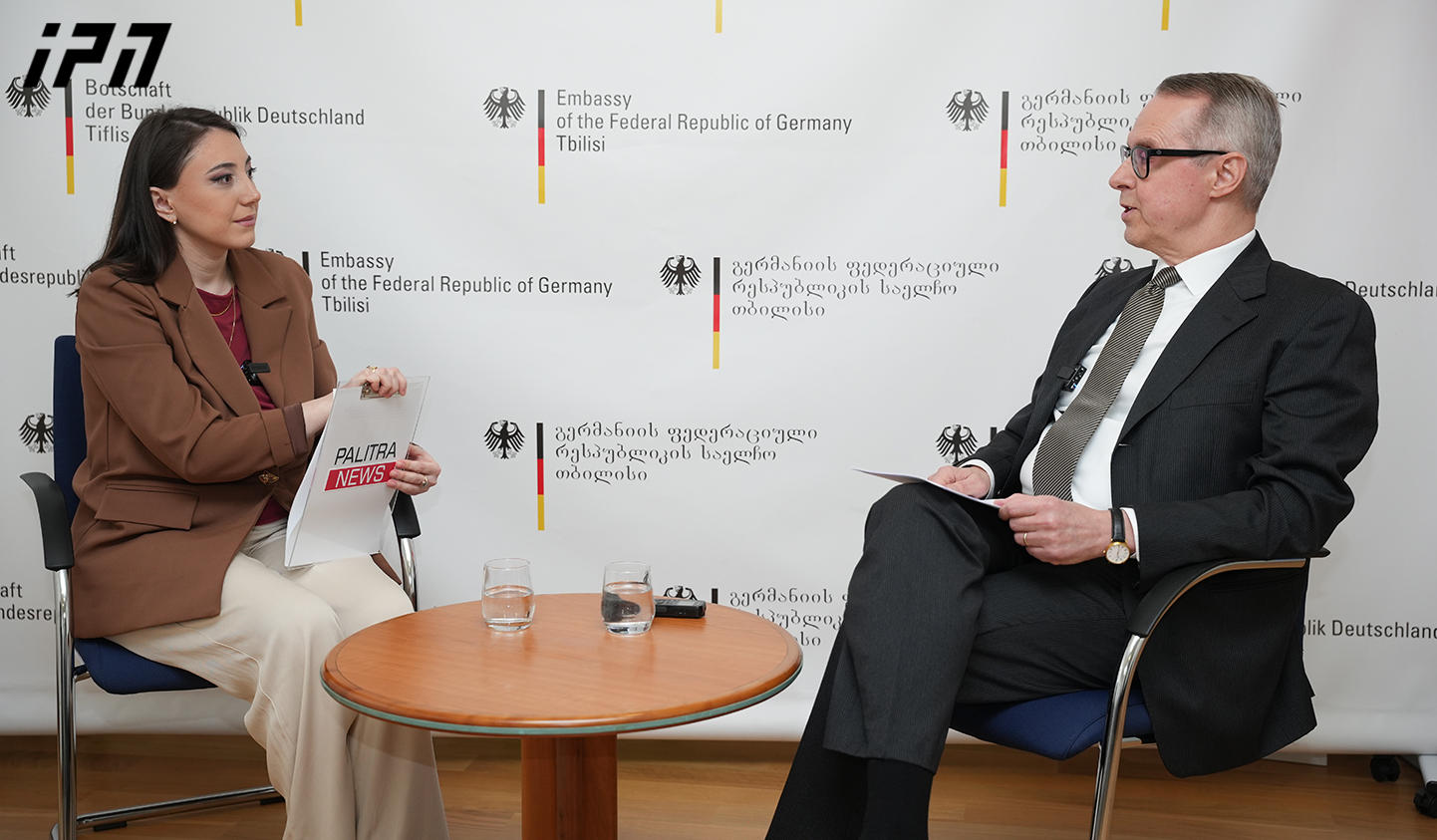The National Bank of Georgia keeps the monetary policy rate unchanged at 8.0 percent

At the meeting of October 23, 2024, the Monetary Policy Committee of the National Bank of Georgia decided to leave the monetary policy rate (refinancing rate) unchanged. The monetary policy rate is 8 percent. The National Bank publishes information about this.
"Low-inflationary environment is maintained in Georgia. From the beginning of 2023, inflation is below the target of 3 percent. In September of this year, the overall price level increased by 0.6 percent annually, and the base inflation amounted to 0.8 percent. Price stability was, for the most part, ensured by the monetary policy pursued by the National Bank, both in the direction of timely tightening and gradual normalization, which was reflected in the stability of long-term inflationary expectations. In particular, inflation of domestically produced products, which best reflects long-term inflation expectations, is below the target of 3 percent. In addition, as a result of increased competition in the economy, reduced margins of firms also contribute to low inflation. The combination of these factors somewhat neutralizes the pressure on prices from the side of strong demand. Due to stronger-than-expected economic activity this year, the economic growth forecast has increased to 8.5%. However, in parallel with the strong demand, according to the NBG, the total production potential of the economy has also increased, which contributes to reducing the pressure on prices and creating a low-inflationary environment. According to the updated forecast of the National Bank, other things being equal, inflation in 2024 will be below the target rate and will be equal to 1.2 percent on average. In the medium term, it will stabilize around 3 percent.
Despite positive trends, increased uncertainty both locally and globally carries risks. Against the backdrop of ongoing hostilities in Ukraine as well as heightened geopolitical tensions in the Middle East, regional risk premiums may increase and pressure on prices may arise through various channels. In addition, the volatility of oil and food prices on the international markets has increased, and the current events in the Red Sea create threats of an increase in transportation costs, which, through the channel of imported goods, creates risks of an increase in overall inflation. Outside of external factors, domestic economic activity is stronger than expected, which may also put pressure on prices going forward. As a result of the analysis of the current internal and external situation, the National Bank of Georgia kept the monetary policy rate unchanged at 8.0 percent. Such a cautious approach to monetary policy normalization is important in order to keep inflation close to its target rate in the medium term. In the event that inflationary risks do not materialize and the intensity of inflationary risks eases, the National Bank will continue to reduce the policy rate to its neutral level with cautious budgets. If the factors affecting the growth of inflation expectations are again identified, it may be necessary to tighten the monetary policy or maintain the current strict position for a long time.
The National Bank of Georgia continuously monitors the current economic processes and financial markets and will use all the tools at its disposal to ensure price stability," the information says.
The next session of the Monetary Policy Committee will be held on December 18, 2024.
